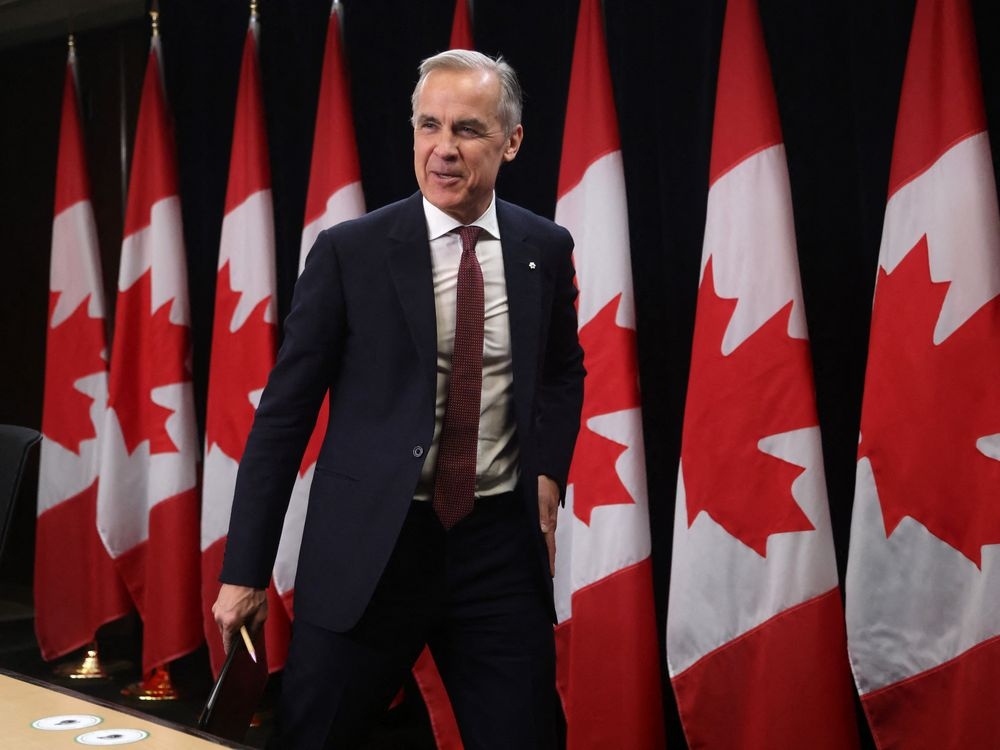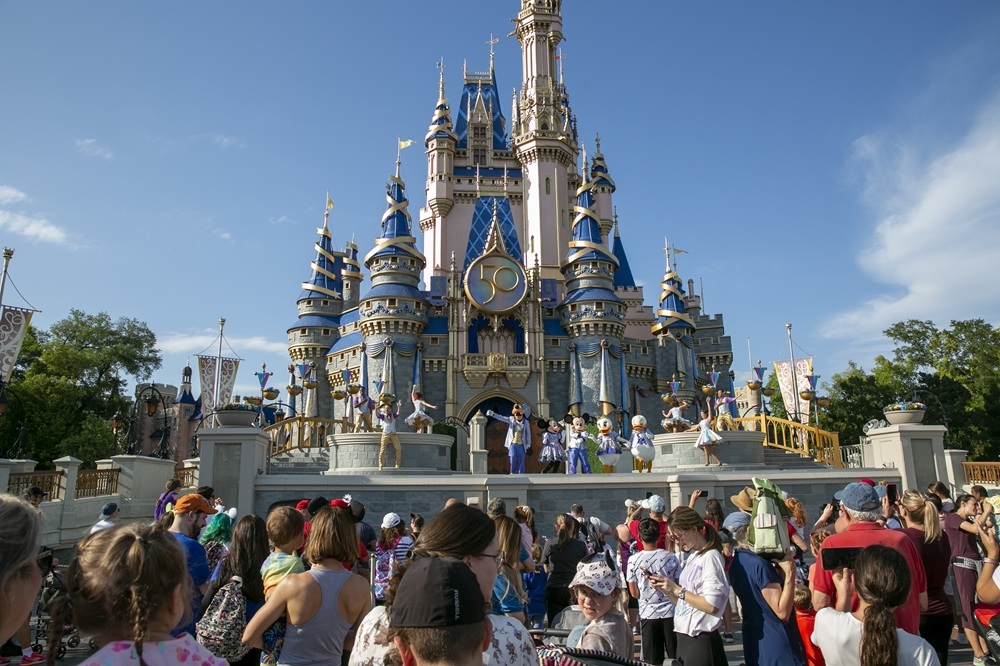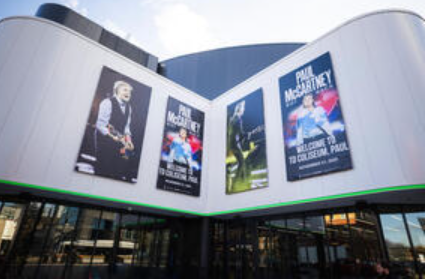The Liberal government, led by Mark Carney, narrowly survived a recent budget vote, avoiding an immediate plunge into an election. But the reprieve may be temporary. Whispers in Ottawa suggest a spring election isn’t just possible – it’s actively being considered, not because of opposition maneuvers, but because of a calculated gamble for a majority.
The budget’s passage was a razor-thin affair, secured by a mere two votes. This unlikely victory hinged on strategic abstentions: two New Democrat MPs, Gord Johns and Lori Idlout, deliberately withheld their votes. Johns remained physically present, pointedly refusing to participate, while Idlout registered her abstention remotely.
On the Conservative side, the situation was equally unusual. Matt Jeneroux, already planning his departure from politics, was absent, reportedly with his family in British Columbia as his wife began a new surgical role. Meanwhile, Shannon Stubbs was on medical leave recovering from significant facial surgery.

The online voting system presented an unexpected hurdle for Stubbs. Post-surgery, her bandaged face couldn’t be recognized by the app, preventing her from casting a vote. Adding a layer of intrigue, two Conservative MPs, Andrew Scheer and Scott Reid, materialized only after the budget’s fate was sealed, citing technical difficulties with the app as their reason for a late appearance to register their opposition.
Despite the precariousness of the vote, none of the opposition parties appeared eager for an election. The Conservatives, acutely aware of public sentiment, have consistently signaled their reluctance, particularly the prospect of a disruptive Christmas campaign. A December election, had the government fallen, would have meant a potential voting day on Christmas Day itself.
Now, all eyes are on the spring. The possibility of an early election hangs in the air, dependent on a complex interplay of factors. Internal Liberal discussions reveal a clear calculation: a strong polling position, a favorable outcome in dealings with Donald Trump, and a stable economy are the conditions that would trigger a campaign.
A key element driving this potential move is Carney’s ambition to reshape his cabinet. He’s reportedly determined to distance himself from the legacy of his predecessor, actively seeking to replace ministers associated with the previous administration. The recent appointments of Bill Blair as High Commissioner to London and Jonathan Wilkinson as ambassador to Brussels are seen as initial steps in this broader plan.
However, the transition isn’t seamless. One Liberal source cautioned that replacing established figures takes time, acknowledging the presence of “dinosaurs” within the party structure. Despite the challenges, the drive to refresh the team is undeniable.
Regardless of whether it happens this spring or later in 2026, an election seems inevitable. Carney is focused on securing a majority government, and if enticing MPs to switch parties proves insufficient, he’s prepared to call an early election. Expect to hear rhetoric about parliamentary dysfunction or the need for a fresh mandate to navigate the challenges posed by a potential Trump presidency – justifications masking the ultimate goal of a decisive victory.





